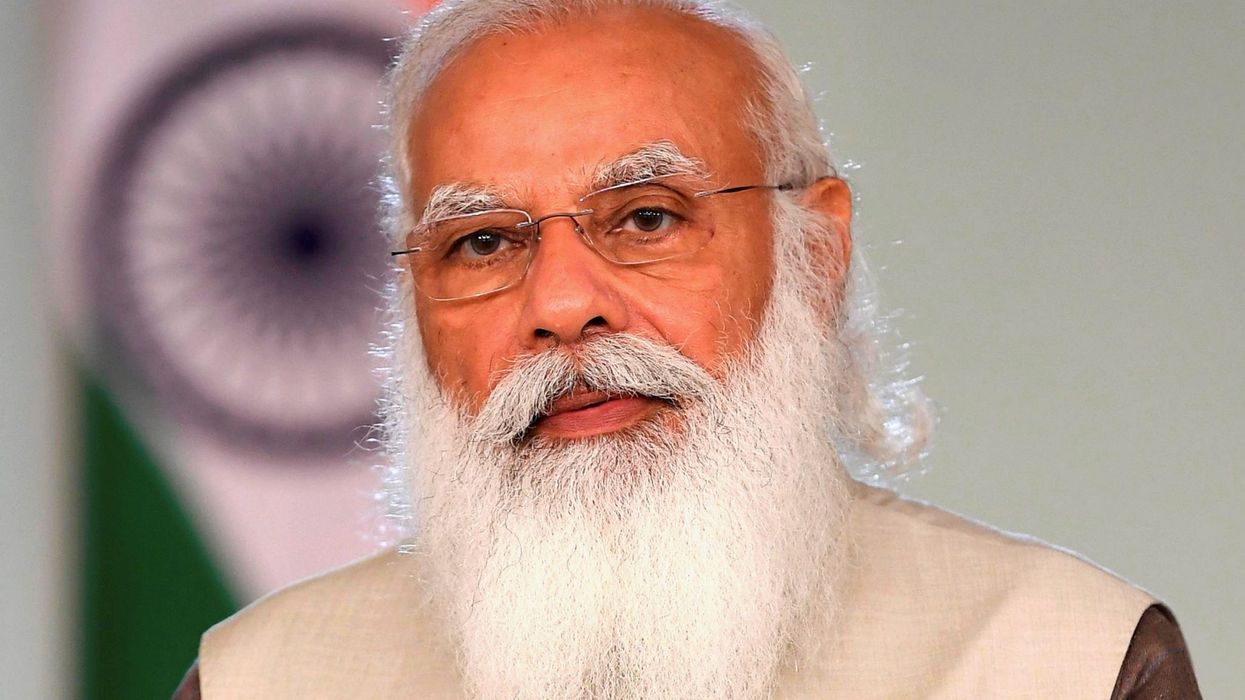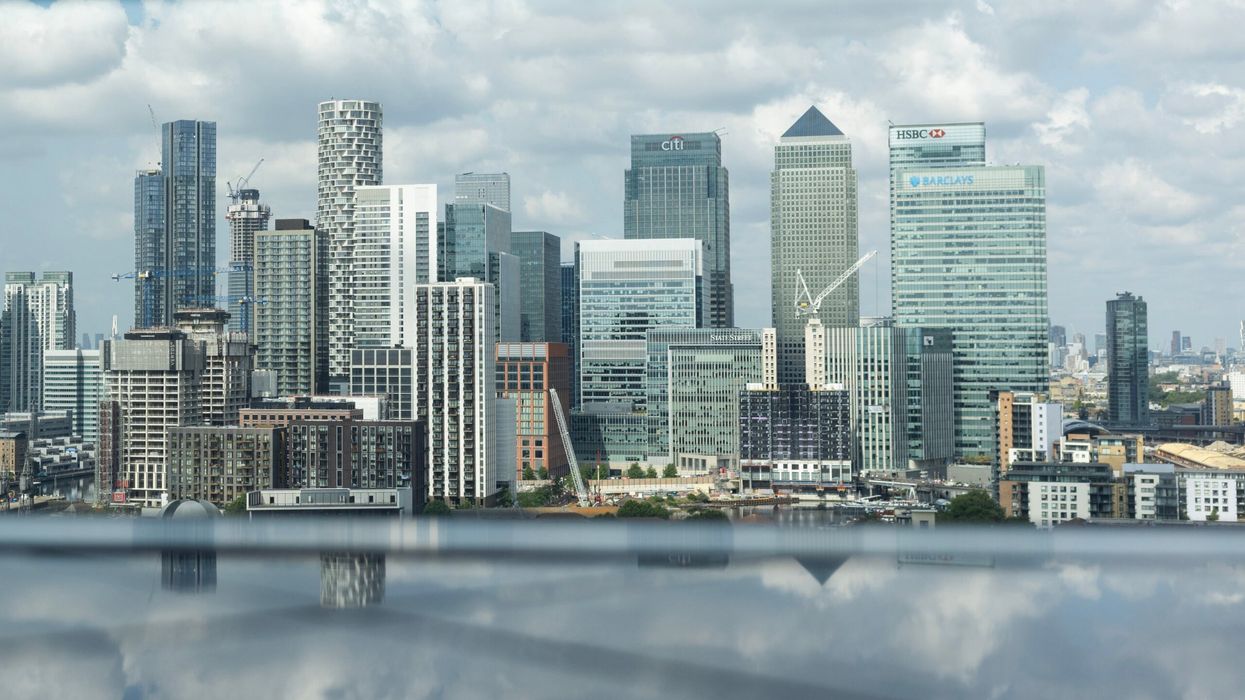INDIA’S prime minister Narendra Modi asked businesses on Friday (6) to explore ways to boost exports to $400 billion (£288bn) this year, which could help in employment generation and help the country’s economy recover from the pandemic-induced slowdown.
"At present our exports are about 20 per cent of GDP (gross domestic product). Considering the size of our economy, our potential, the base of our manufacturing and service industry, it has the potential to grow a lot," Modi said while addressing industry representatives and Indian Missions abroad on 'Local Goes Global - Make in India for the World' through a video conference.
The country’s goal is to raise its merchandise export to $400bn (£288bn) in the current fiscal year, and has met nearly a third of this target during April-July.
Modi also urged Indian missions in foreign countries to help develop new markets for Indian goods. To increase share of its exports in global market, India needs to have "seamless and high-quality supply chain" and low-cost logistics, he said.
"This is the time for us to establish a new identity of quality and reliability. We have to try that there is a natural demand for high value-added products of India in every nook and corner of the world," he said.
India needs to have a roadmap for the next 25 years, he said.
Speaking about India's decision to end the retrospective tax, Modi said the move shows the nation's "commitment and consistency in policies".













